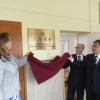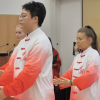Canada’s Ambassador to Hungary Visited the Research Institute of Viticulture and Oenology
2021
Oct
25
The Research Institute of Viticulture and Oenology of the University of Pécs (PTE SZBKI) had the honour of hosting prestigious guests on 20 October. H.E. Caroline Charette, Canada's Ambassador to Hungary, and dr. Dávid Bencsik, Deputy State Secretary for International Relations at the Ministry of Agriculture, were both interested in the research institute, which is the largest grapevine gene bank in Hungary with 1,800 items, as well as the outstanding research potential of these.
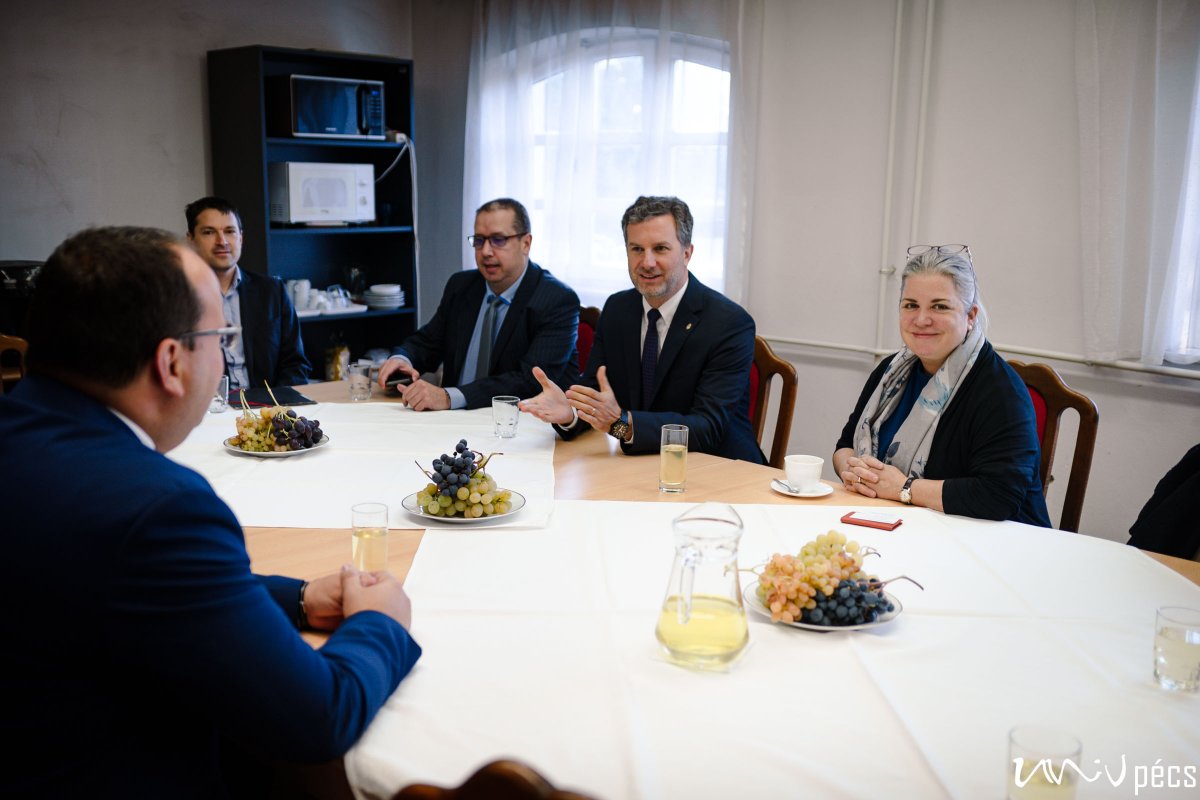
During his visit, dr. Dávid Bencsik, Deputy Secretary of State, said:
"The physical and intellectual knowledge base of the institute offers wonderful opportunities for the future of Hungarian oenology: it is no wonder that this diversity and renewable traditions have also attracted the interest of the Ambassador. It is possible that in the future we can strengthen Hungarian-Canadian relations in this respect."
– emphasized the Deputy Secretary of State, who called research institutes and scientific workshops such as the Research Institute of Viticulture and Oenology of the University a national treasure. He added: "Hungarian wines receive a great number of awards around the world, they consistently finish at the forefront of various international competitions, which is due to high-quality professional work, however, there are still plenty of opportunities for improvement on the sales side. We would like to help the dynamization of Hungarian wine exports." – said dr. Dávid Bencsik.
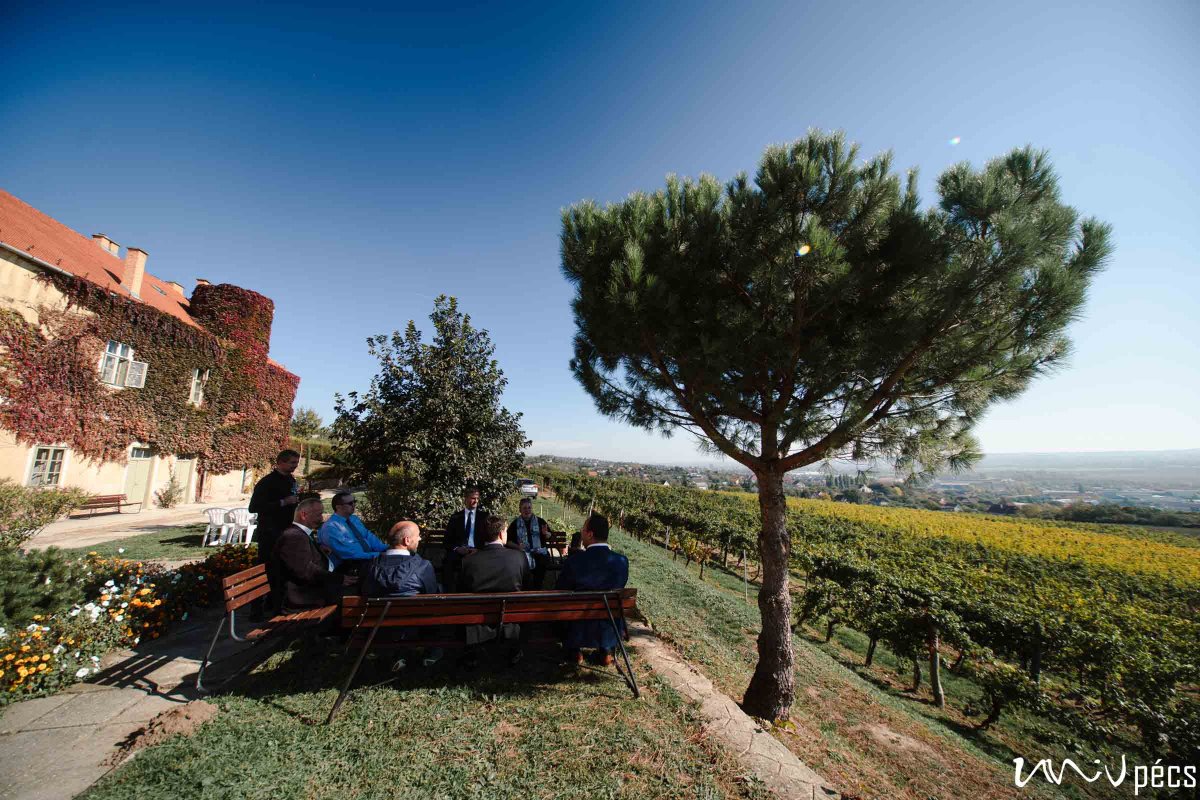
H.E. Caroline Charette, Canada's Ambassador to Hungary, has shown particular interest in the delicious table grape and resistant varieties, i.e. resistant to various diseases, and research on them. She praised the gene bank of the institute, which provides a great basis for the research and development taking place here.
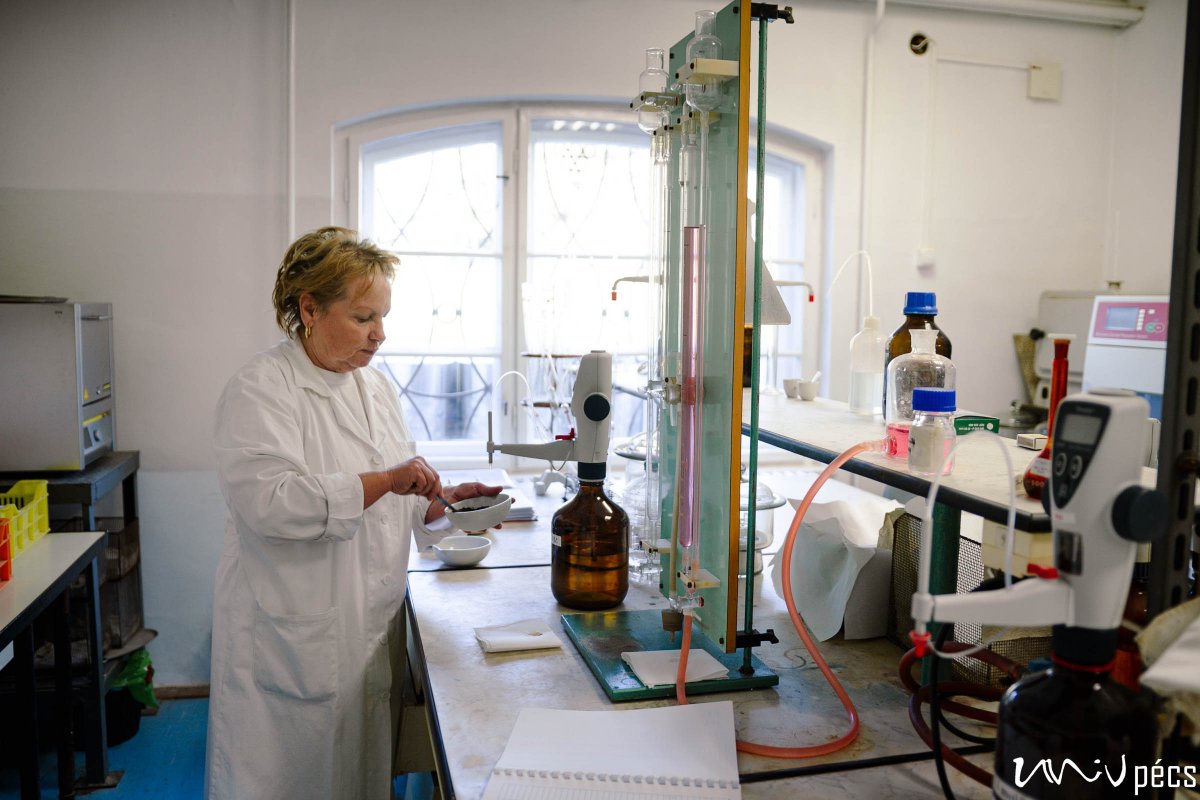
Dr. Attila Miseta, rector of PTE, and István Decsi Chancellor also attended the meeting. Zoltán Madaras, head of the Institute, and his colleagues presented the institute's achievements in the utilization of genetic resources, so that the guests could also learn that the
specialists of SZBKI are engaged in clone selection breeding on more than 300 plots of 26 grape varieties.
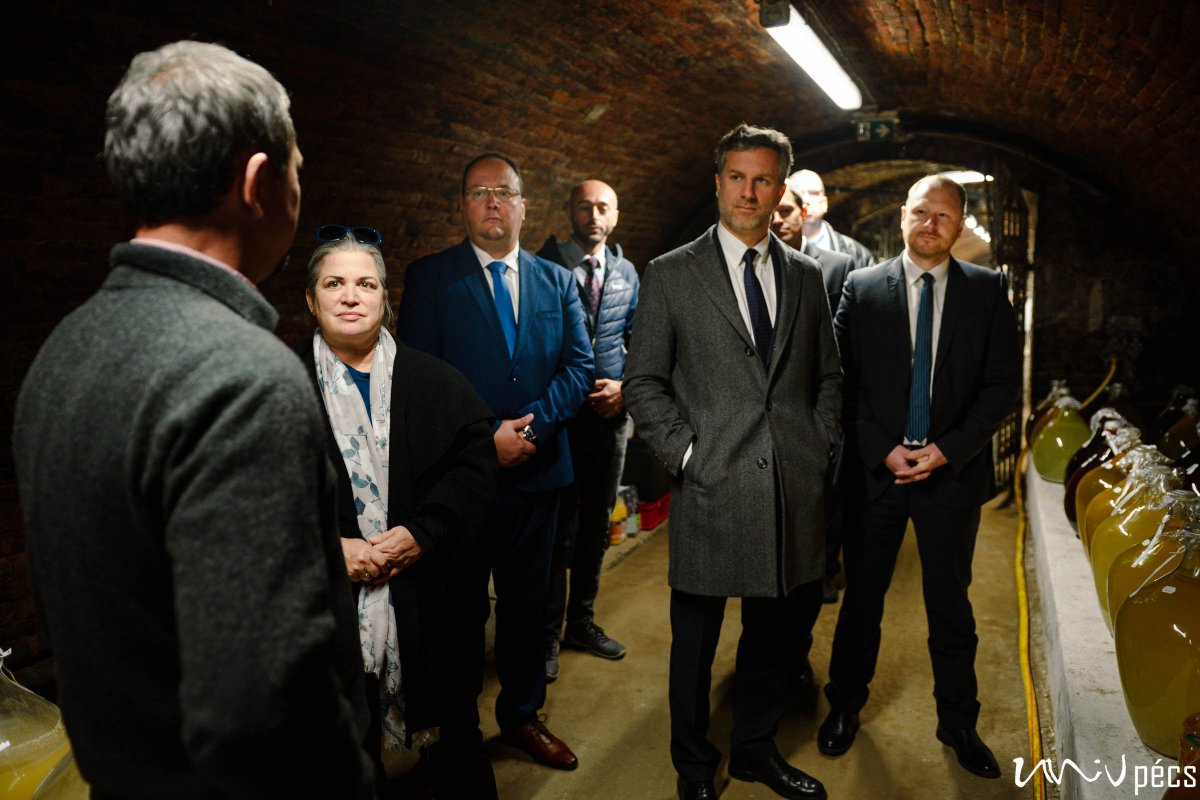
Recently, the clone and variety candidates created thanks to the institute's selection and breeding activities have been the subject of comparative experimental plantations suitable for varietal value research in many wine regions of the country. In such vineyards, the ancient Carpathian Basin varieties that can be re-cultivated, candidates for selection and cross-breeding work have been placed for further examination.
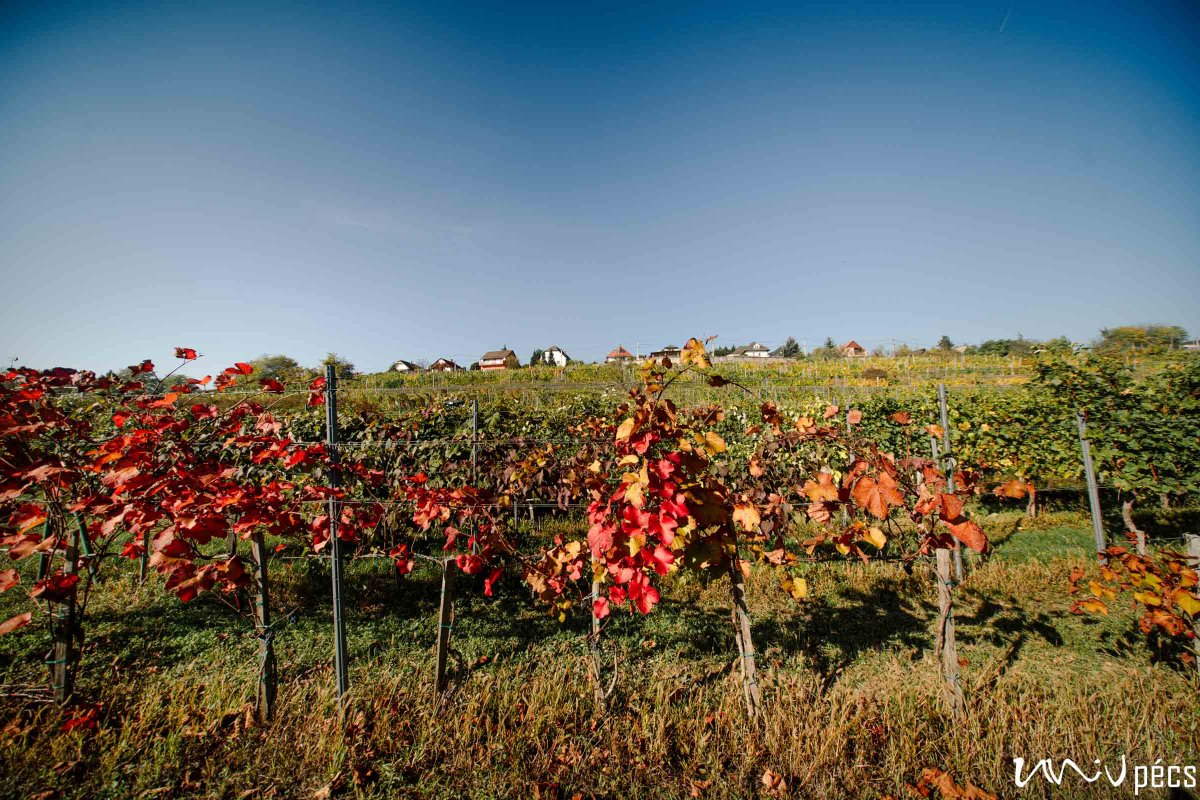
- Log in to post comments
University of Pécs | Chancellery | IT Directorate | Portal group - 2020.
